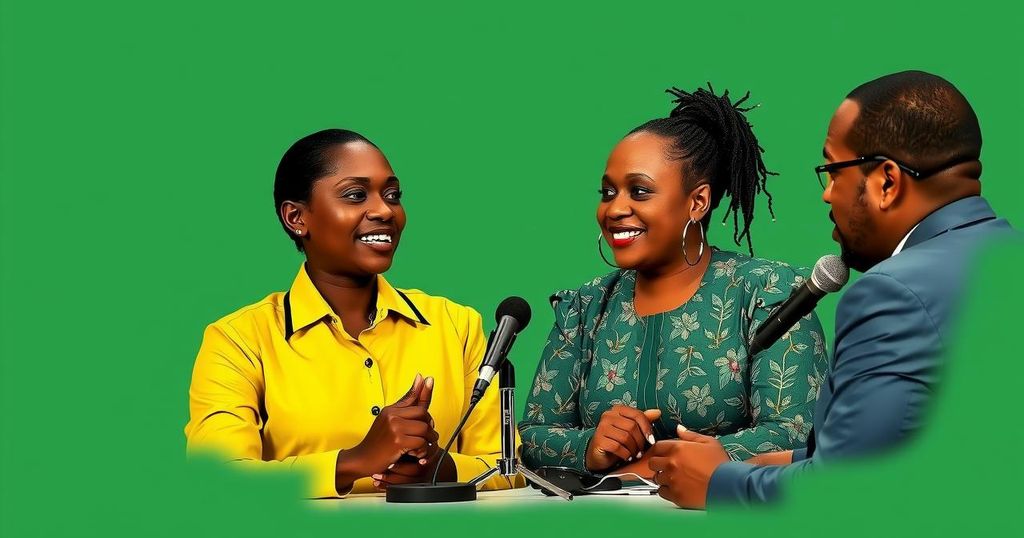Ghana’s Upcoming Presidential Election: Candidates and Key Issues

Ghana’s presidential election on December 7, 2024, will see Mahamudu Bawumia and John Mahama as the leading candidates. Economic issues, including rising living costs and youth unemployment, dominate the campaign. Two elections will occur simultaneously: presidential and parliamentary. This election will test Ghana’s commitment to democratic processes amid pressing socioeconomic challenges.
Ghana is poised for a critical presidential election on December 7, 2024, marking a momentous occasion for its nearly 18.8 million registered voters. The contest primarily highlights two prominent candidates: Mahamudu Bawumia from the ruling New Patriotic Party (NPP) and John Mahama of the National Democratic Congress (NDC). This election will also feature parliamentary elections across 275 constituencies.
Mahamudu Bawumia, the incumbent vice-president, is vying to become Ghana’s first Muslim president, but his tenure has been marred by criticisms amid a severe economic downturn. In contrast, John Mahama seeks a political comeback after losing the presidency in 2016, promising an “urgent reset” to revitalize the economy suffered by high inflation and persistent unemployment, especially among youth.
Significant issues at stake include the soaring cost of living and the impact of illegal gold mining activities, known as ‘galamsey.’ The current fiscal challenges have compelled Ghana to seek assistance from the International Monetary Fund. Both leading parties, while acknowledging the need for economic recovery, offer divergent approaches to tackling these pressing problems.
To win outright, a presidential candidate must secure over 50% of the votes; otherwise, a runoff election will follow. Observations from past elections illustrate Ghana’s stability and commitment to democratic process, ensuring an orderly transfer of power historically.
The upcoming elections represent Ghana’s ninth since the reintroduction of multiparty politics in the early 1990s. The country is widely recognized for its peaceful and closely contested elections, fostering a robust democratic ethos. The electoral landscape is primarily dominated by the NPP and NDC, which have alternated in leadership. Economic conditions, characterized by rising inflation and job shortages, have intensified scrutiny on political candidates, making the need for effective governance more pronounced than ever.
The elections on December 7, 2024, will be pivotal for Ghana’s political landscape. With pressing economic challenges and diverse candidate profiles, Ghanaians face significant choices impacting their future. Voter engagement will determine the path forward in addressing economic hardships and governance issues. The electorate’s decisions will be critical in shaping the next chapter of Ghana’s democracy and public administration.
Original Source: www.bbc.co.uk








